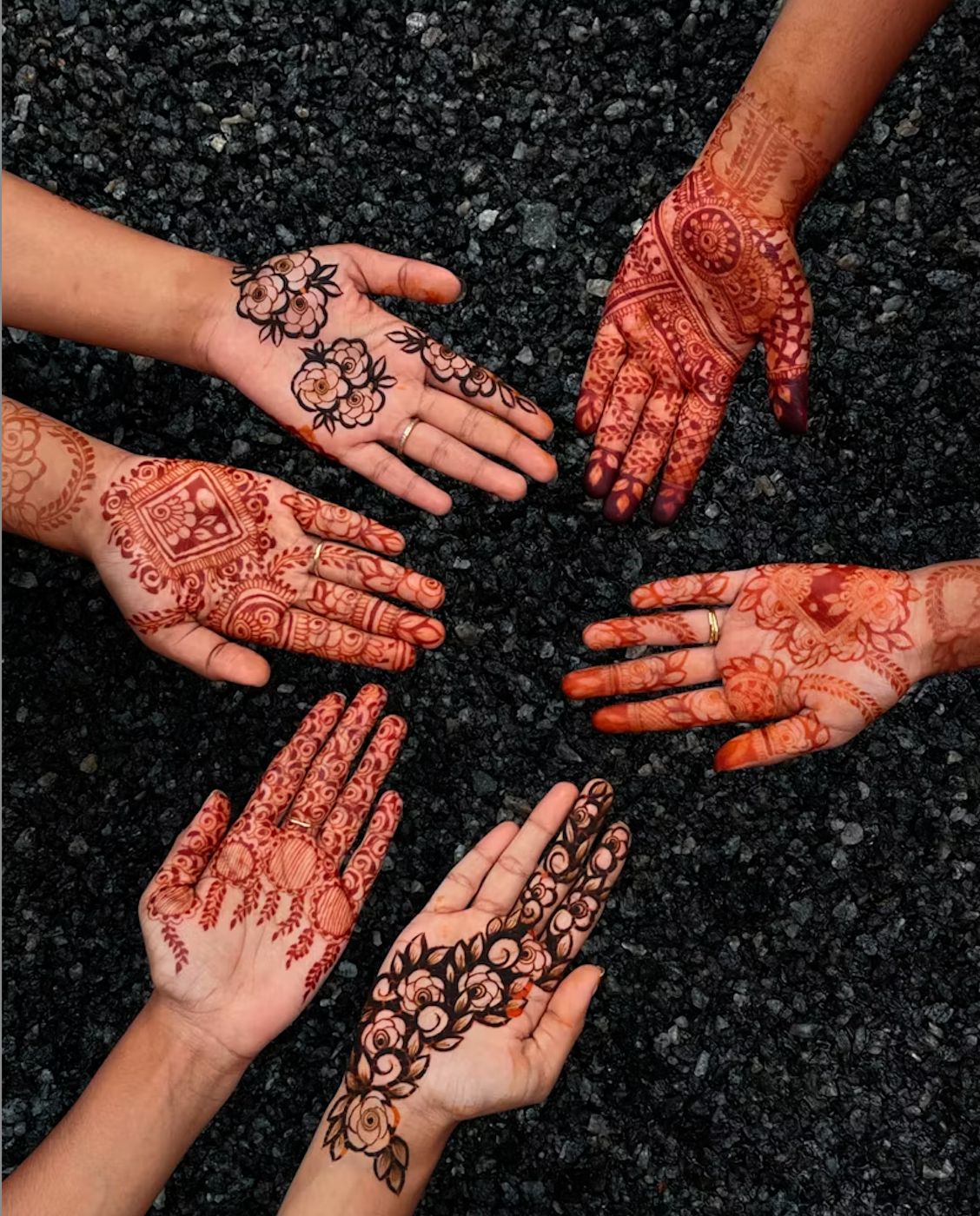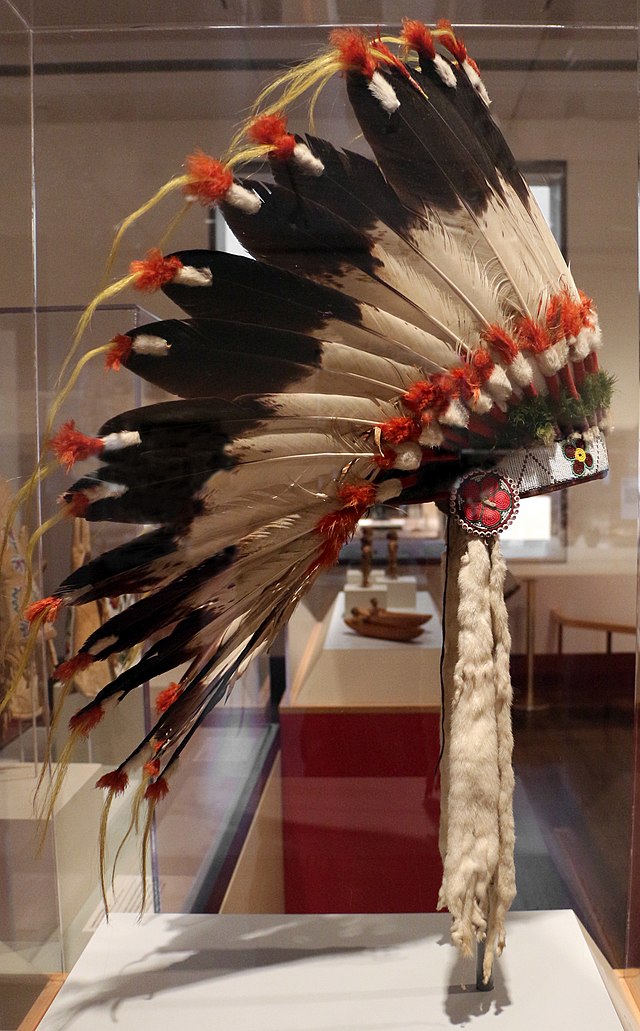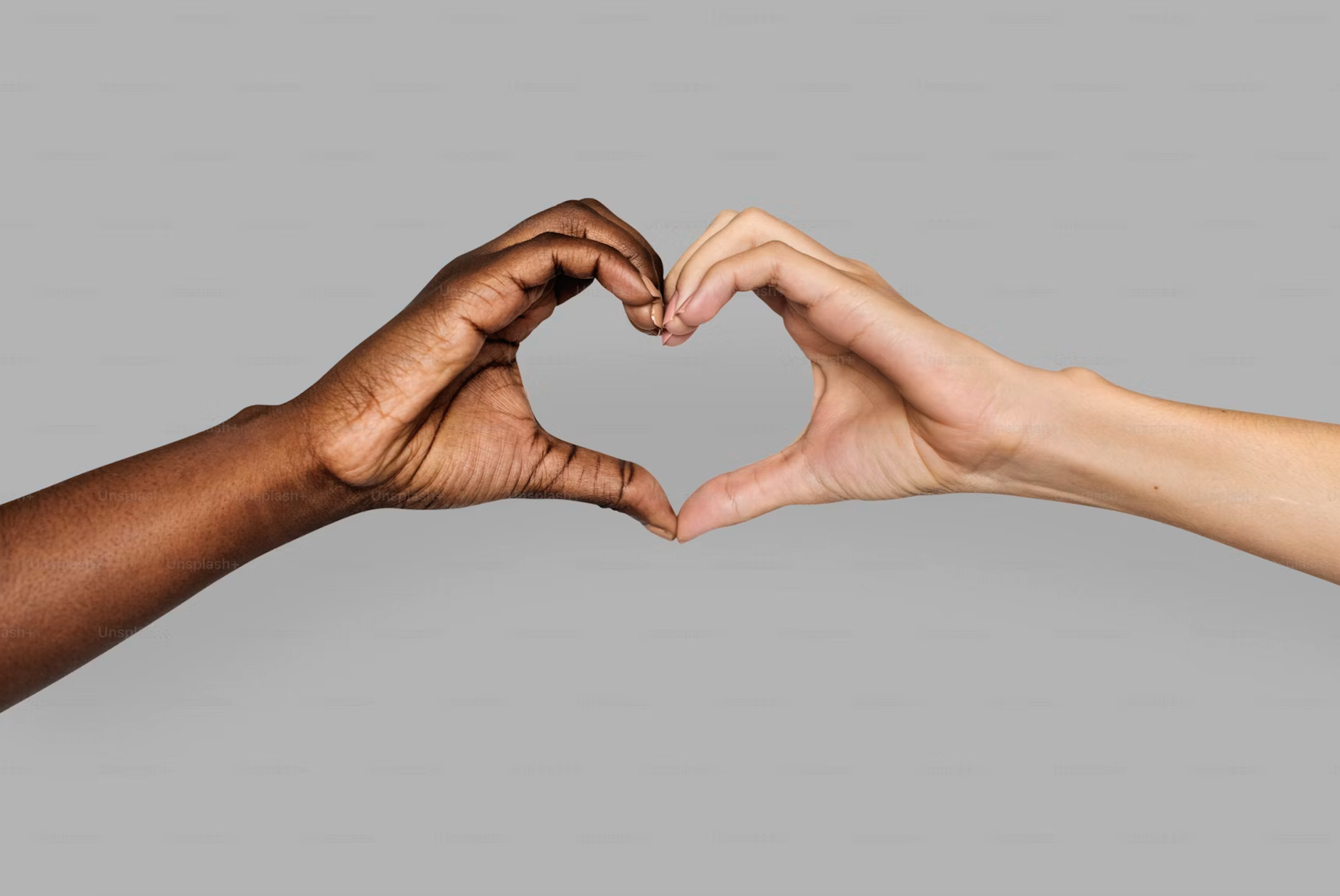I was pleasantly surprised when, last year, my high school had a school-wide Diwali celebration. As a practising Hindu myself, I found it refreshing that we were trying to celebrate holidays and festivals from different cultures.
However, the reality was a brutal shock.
Apart from a paragraph in the school notices that no one ever reads, the only things done to "celebrate" the occasion were generic Indian music playing during break times and non-Indian teachers Bollywood dancing in the amphitheatre—stereotypes of the Indian culture.
This was the instance of cultural appropriation that I noticed, but how many other celebrations, like those for Chinese New Year and Eid, were also appropriation that I had not realised?
I was frustrated... not at the school itself, but at society as a whole for using cultural appropriation as a perfectly acceptable substitute for true appreciation. The root issue here wasn't what happened at my school, it was people being systemically misinformed.

Image Credit: Aneez Mohamed from Unsplash
Let us slide into your dms 🥰
Get notified of top trending articles like this one every week! (we won't spam you)What is cultural appropriation?
Cultural appropriation is when a dominant cultural group adopts elements of a minority group, such as dressing, dance, or customs, without their permission. This often done in an offensive or overly stereotypical manner.
From dressing up as a Native American for Halloween to opening a Japanese restaurant without acknowledging where those recipes came from, cultural appropriation presents itself in many ways. A major example of this was in 2019, when Italian fashion chain Max Mara copied designs from the Oma ethnic group in Laos without giving them any profits or credit.

Image Credit: Sailko from Wikimedia Commons

Take the Quiz: Which Harry Potter Character Are You?
Find out which character matches your personality!
So... what is cultural appreciation?
On the other hand, cultural appreciation is genuine respect and education about someone else's culture. This could be through asking people with lived experience insightful questions, doing your own research, and supporting authentic art from other cultures.
The key thing here is that this must be done respectfully, and it must be clear that you are not an authority on the culture, but a valuable ally.
Personally, I find that another key aspect of cultural appreciation is calling out any appropriation you see. This prevents a toxic cycle of negative stereotypes spreading while conveying your commitment to cultural inclusivity.

Image Credit: Olivie Strauss from Unsplash
Cultural Appropriation vs. Appreciation
It can sometimes be difficult to distinguish when something is cultural appropriation or appreciation. Essentially, if you think that what you are doing could offend members of that certain culture—it's probably appropriation!
Power imbalances lie at the heart of cultural appropriation. If the majority culture is adopting aspects of a minority culture, but they cannot easily speak out about this, it becomes oppression.
This is not to say that the majority cannot appreciate minority cultures, but this must be done respectfully. Focus on educating yourself and uplifting those around you, not on trying out aspects of various cultures like a convoluted fashion statement.
Ways to Appreciate Other Cultures
1. Listen to those with lived experience
Before jumping to conclusion about what a certain culture values and does, listen to people about their stories. This provides interesting context of that culture, resulting in a broader world view and increased empathy while helping to disprove harmful stereotypes.
2. Give Credit
When you take inspiration from another culture's style, art, food, etc., make sure to say so! Acknowledging your sources and giving can help raise awareness about these cultures, no matter how small it may seem.
3. Ask Questions and Be Humble
You are not expected to be an expert in other cultures, so don't pretend to be one! Ask questions to learn more, clarify your doubts, and quash any existing biases. And be humble if you are proven to be wrong—don't insist that your opinion is correct if you do not actually know.
4. Share your own culture!
A key aspect of cultural appreciation is culture exchange. Don't just take on knowledge about other cultures, share yours too to help build greater cultural understanding both ways and forge a true connection.

Image Credit: Curated Lifestyle from Unsplash
Conclusion
We are so lucky to live in a deeply diverse world with a myriad of interesting culture we can appreciate and learn from. Understanding other languages, customs, histories, foods, and artworks can help to increase your outlook on the world and foster a more positive society overall.
Next time you find yourself in a position where culture is being shared, check to see if you are appropriating or appreciating. Ensure you are being respectful and positive, and genuine cultural understanding will naturally follow suit.








